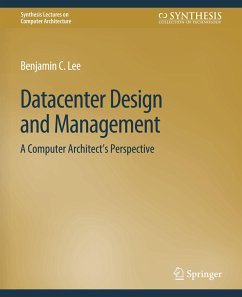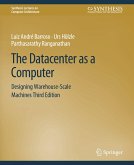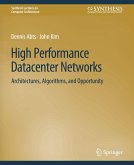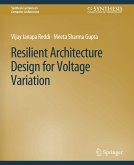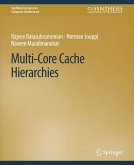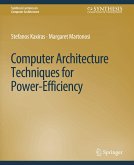An era of big data demands datacenters, which house the computing infrastructure that translates raw data into valuable information. This book defines datacenters broadly, as large distributed systems that perform parallel computation for diverse users. These systems exist in multiple forms-private and public-and are built at multiple scales. Datacenter design and management is multifaceted, requiring the simultaneous pursuit of multiple objectives. Performance, efficiency, and fairness are first-order design and management objectives, which can each be viewed from several perspectives. This book surveys datacenter research from a computer architect's perspective, addressing challenges in applications, design, management, server simulation, and system simulation. This perspective complements the rich bodies of work in datacenters as a warehouse-scale system, which study the implications for infrastructure that encloses computing equipment, and in datacenters as distributed systems, which employ abstract details in processor and memory subsystems. This book is written for first- or second-year graduate students in computer architecture and may be helpful for those in computer systems. The goal of this book is to prepare computer architects for datacenter-oriented research by describing prevalent perspectives and the state-of-the-art.
Bitte wählen Sie Ihr Anliegen aus.
Rechnungen
Retourenschein anfordern
Bestellstatus
Storno

